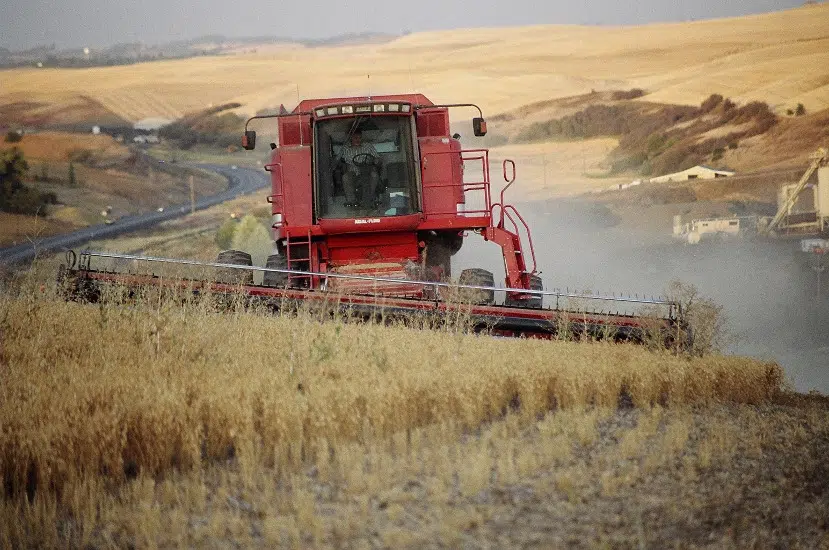
Canada and India reach agreement on pulse exports
Saskatchewan pulse growers have received some good news from the Prime Minister’s office.
Prime Minister Justin Trudeau and Indian Prime Minister Narendra Modi released a joint statement Friday, committing to work closely to finalize an arrangement within 2018 to enable the export of Canadian pulses to India free from pests of quarantine importance, with mutually acceptable technological protocols.
Trudeau left his state visit to India Friday, which beagn on Feb. 18.
Chris Chivilo, president and CEO of Canadian Pulse Processor W.A. Grain & Pulse Solutions, released a statement through Pulse Canada’s website. He participated in the CEO panel at the Prime Minister’s Round Table.


